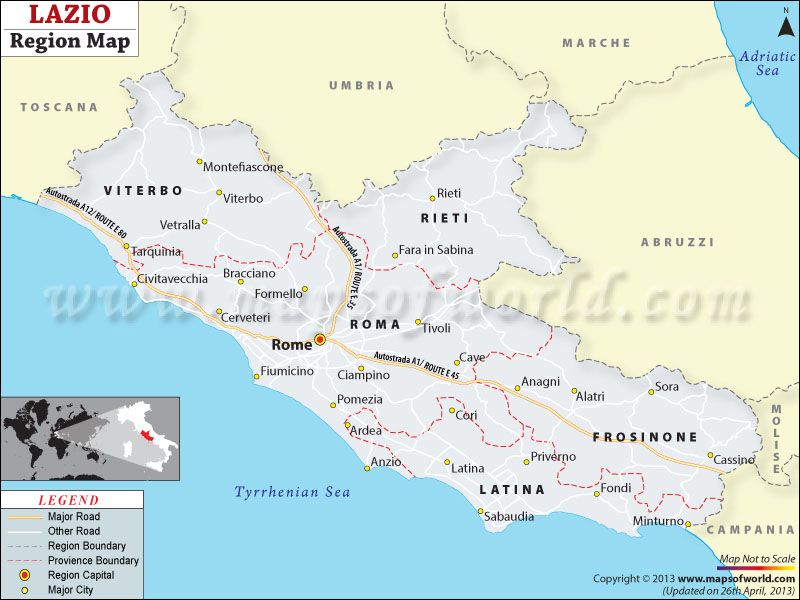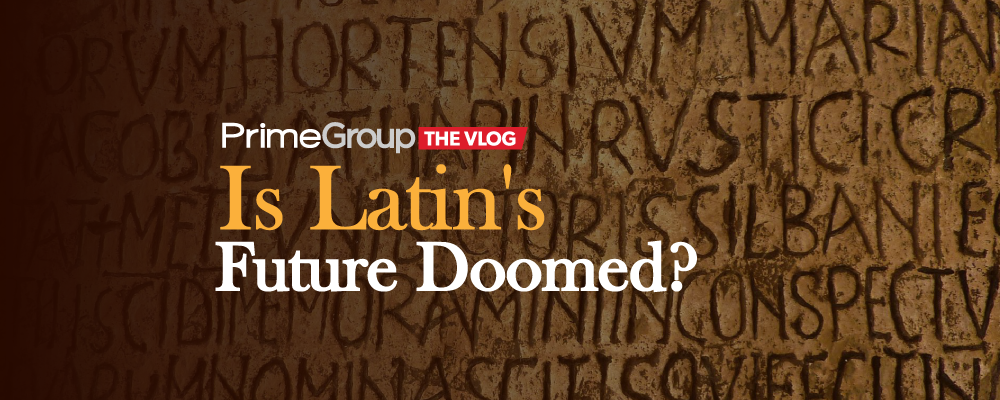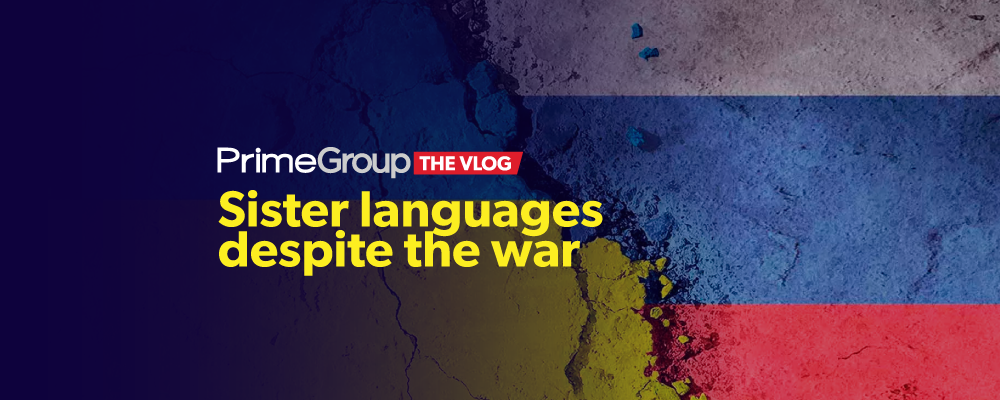The Latin language is a living dead dating back 2700 years. The ancient language of Rome and motherland of many European languages is still taught in some schools and academies, and the Catholic Church also uses it in its liturgy, even though it is a dead language. Almost no one speaks Latin, but it persists in not disappearing because Latin is like the source code of medicine, law, and also science and technology. So, does Latin have a future?
I still remember a few sleepless nights trying to memorize the second declension of the word Horse, Equus, Eque, Equum etc… It was very hard to learn and was not motivated as I didn’t see any use of this language.
So, for me, Latin was a nightmare, but back then it had to be learned at the secondary school in Spain and it was said that, even if it was not spoken, it served as mental gymnastics: it expanded the brain. I never understood why German or Chinese were not studied then, which also challenge our learning capacity and are at least useful for speaking with millions of people.
Then we come to the etymology, and there it was a great pleasure to know the root of so many words in Spanish: amor, love, ley, law, Libertad, verdad, truth, hospital, justicia, persona…
My mother tongue, the Castilian language, is originally a vulgar Latin, a jabber of that language. But Latin comes from Lazio, the Italian region where Rome settled and its empire. By the way, a Latino is strictly an inhabitant of Lazio, so no matter how much it is said that the Latino designates Latin American people, but it’s technically wrong, I suppose it is too long to say Latin American… Anyway, I prefer Hispanic, but that is another matter.

Going back to Latin, it is surprising that a language that is over 27 centuries old still surrounds us and even seduces us, even though no one is able to speak it. There are academies, institutes and schools in France, Spain, Italy and Germany, where this Classical language as well as ancient Greek is still taught. But what is still very appealing is the etymology, I mean the Latin origin of the words. This is not ignored at all, in fact it is even essential in the academic and scientific world.
In biology, Latin is used to name and classify the different species and genera of living organisms. For example, the scientific name for the domestic dog is Canis lupus familiaris, where Canis means “dog” in Latin, lupus means “wolf,” and familiaris means “domestic.”
In medicine, Latin is used to describe diseases, symptoms, and treatments. For example, the term “in vitro” is used to refer to a procedure that is performed outside of the human body, such as in vitro fertilization. Additionally, many medical terms, such as “artery,” “vein,” and “blood,” have Latin roots. 60% of the English words used in medicine have a Latin origin.
In law, legal terminology is full of Latin expressions such as Habeas Corpus, which means “You must have the body”, that is, the detainee’s resource for the judge to determine if the arrest is legal. ProBono, that is, free legal services to people with limited resources. Ad Hoc, which means for this purpose exclusively.
In science, many chemical formulas and element names are also derived from Latin.
Not forgetting that Latin is still an important language in the Catholic Church, and many religious texts and all liturgies are still written in Latin.
So, I with that backdrop I wonder about the usefulness of Latin in this 21st century for technology and the Internet. And there is a debate about that. For some, Latin is actually recovering thanks to the Internet with thousands of web pages written in this ancient language. I am not referring to educational resources, but there are also blogs, forums, websites and even podcasts in Latin and numerous contributions on social networks. Even Google has a Latin version, and there is a Wikipedia with more than 26,000 articles in this language.
Videmusne receptam linguam Latinam in Tela Totius Terrae?
Translation: are we witnessing a recovery of Latin thanks to the Internet?
I believe that this is a false claim. I tell you why. It’s true that a globalized world should have a neutral international lingua franca, such as Latin was in medieval Europe, or an attempt at a world language such as Esperanto. However, the Latin language is too convoluted, it has too many rigid rules such as declensions that are a great obstacle to learning.
Meanwhile, English continues to assert itself as the international language, followed by Spanish. If Shakespeare’s language contains 60% of the vocabulary of Latin and words borrowed from Latin languages, Spanish, also a world language, has almost 80% of words of Latin origin or borrowings from the ancient language of Rome. So somehow Latin survives, in another way though English and Spanish, but also through other key European languages such as French, Italian or Portuguese.



